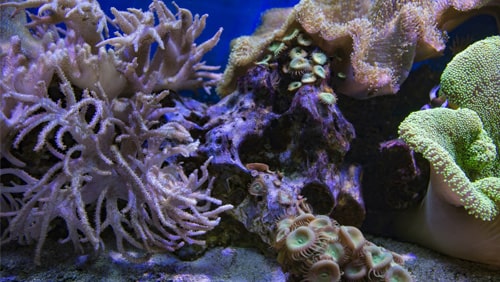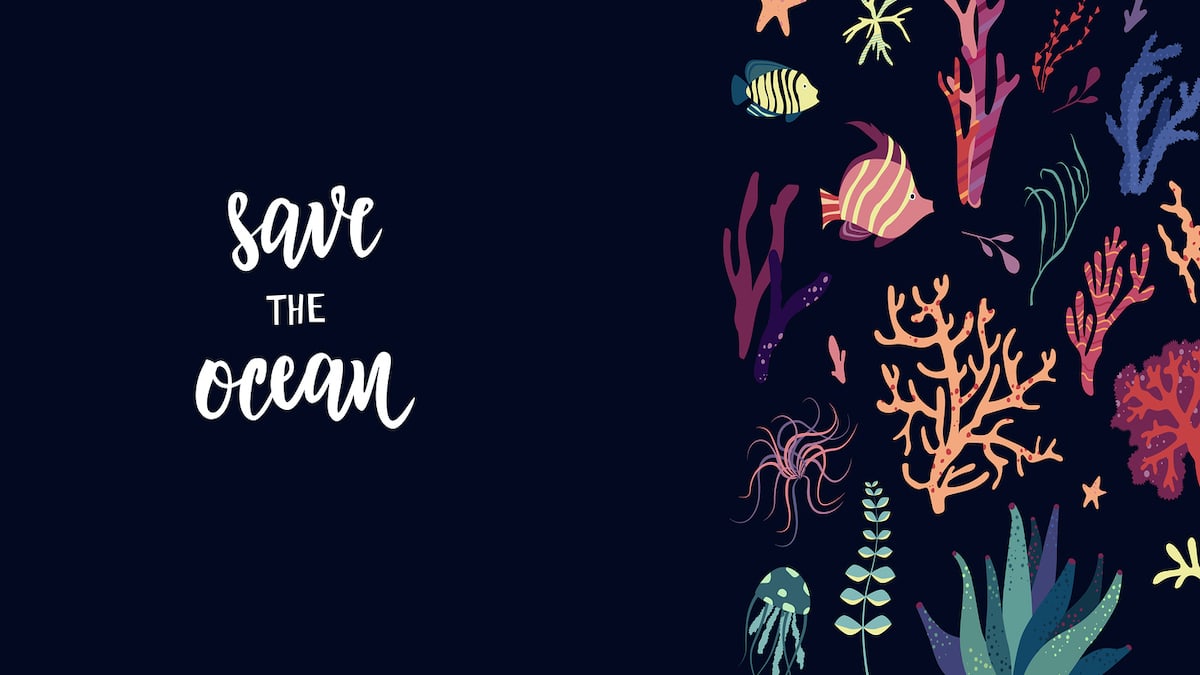It’s no secret that the world’s coral reefs are in trouble. Many have been suffocating, deprived of oxygen as water temperatures continue to rise. The Great Barrier Reef, one of the world’s most awesome underwater creations, has seen three large-scale bleaching incidents in five years, and the reef has already seen half of its coral reduced by significant increases in water temperature in 2016 and 2017. As scientists scramble to try to reverse the damage, one maritime researcher out of Australia may have come up with a solution.
 According to a report in the Science Advances journal, University of Melbourne ecological geneticist Madeleine van Oppen has begun an initiative that is showing promise in protecting coral reefs from decimation. Concentrating on the algae zooxanthellae, she and her team grew ten separate batches in a laboratory over a four-year stretch. The algae were kept alive in water that was consistently maintained at 88F, and the ten different samples underwent a number of asexual generations during that time.
According to a report in the Science Advances journal, University of Melbourne ecological geneticist Madeleine van Oppen has begun an initiative that is showing promise in protecting coral reefs from decimation. Concentrating on the algae zooxanthellae, she and her team grew ten separate batches in a laboratory over a four-year stretch. The algae were kept alive in water that was consistently maintained at 88F, and the ten different samples underwent a number of asexual generations during that time.
The samples were then compared to two algae strains growing naturally. The results showed that the lab strains were able to withstand the higher temperatures better than the wild ones, and were able to continue to multiply as the wild strains declined. This could lead to the algae becoming helpful in allowing the natural coral reefs to regenerate themselves by becoming more resistant to changing temperatures.
Corals are living creatures. They’re related to jellyfish and anemones and live in huge colonies we all know as reefs. The colors they provide come from the zooxanthellae that live within their cells, which also provides them with nourishment through sugars that are produced from photosynthesis. This is a completely symbiotic relationship, with the algae receiving shelter and carbon dioxide in return.
By being able to enhance the algae, the coral itself will be able to continue to feed and remain strong. Explains van Oppen, “By compensating for that [reduced photosynthesis] by increasing the rate [the algae] can fix carbon, we think the algae are still good symbionts—still highly productive and able to contribute sugars to the coral.” She adds, “The algae must release some compounds that actually have an effect on the genes that the coral expresses. We think that this prepares the coral to respond faster to summer heat waves.”
There is still more work to be done before marine biologists around the world begin treating coral reefs with genetically-mutated algae, but this is a huge step in the right direction. The reefs have a never-ending list of benefits, including naturally filtrating ocean water, protecting coasts and reducing the amount of carbon dioxide in the water, and losing them has a major impact on the entire ecosystem. The work conducted by van Oppen is huge, though, and Boston University marine biologist Katey Lesneski asserts, “It definitely is a huge leap in allowing us to better understand the ability for these algal strains to undergo such evolutionary changes over four years, as well as helping us to better understand the fact that corals can indeed benefit from strains like this.”
